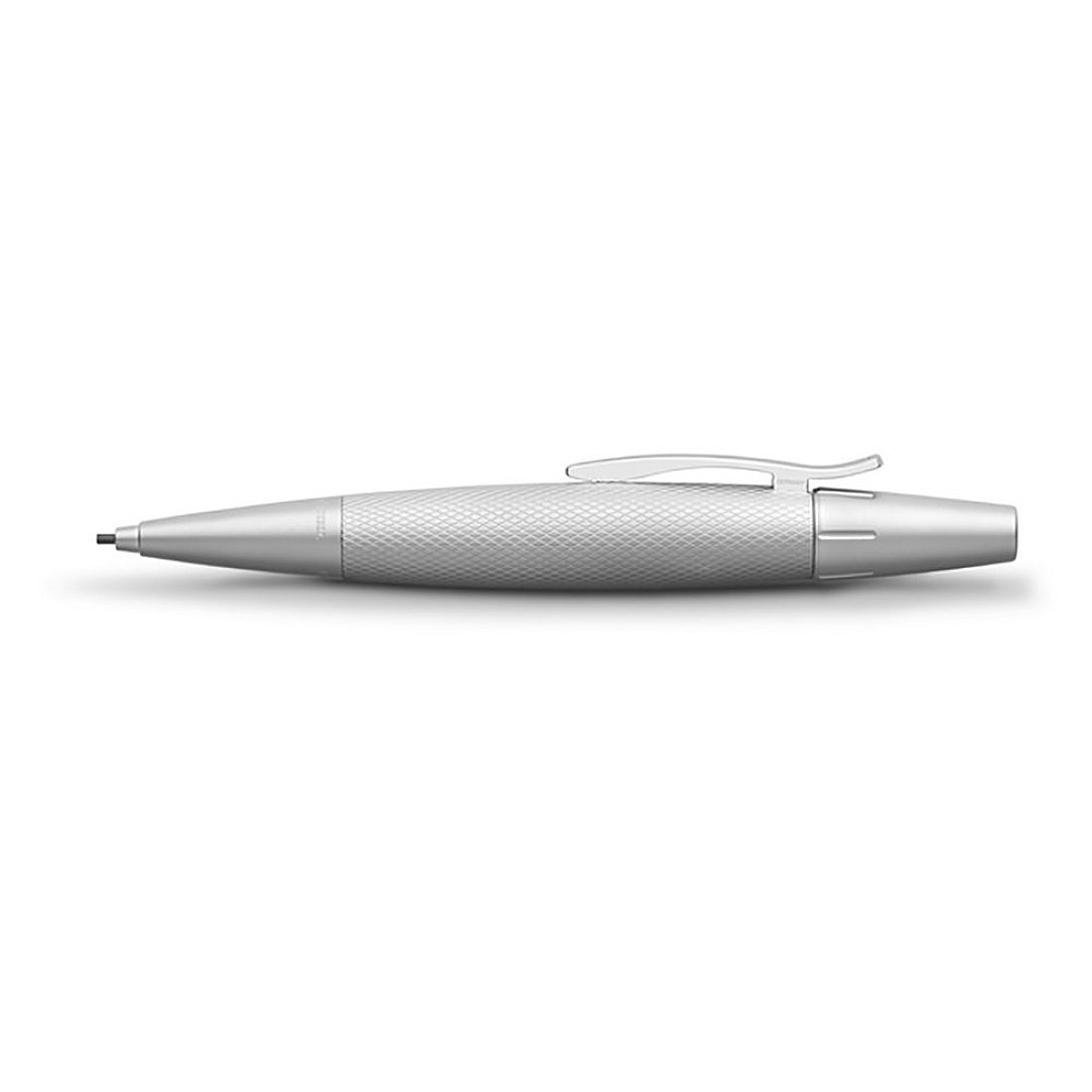

P juntar, F ajouter, I aggiungere ( v.Sw tillfoga, Da tilføje, Du bijvoegen, G hinzufügen ( v."add") Es adicii, Id adicionar, Ie addir, Nl adi, Ia adder, Ia additionar, Rç aditioner ( v. "join to or put with something else put together numbers to find their total value say as a further remark") E addition F additioner L *inaddere: S añadir ( v. "add to, join, attach, place upon"): E add ( v. "act") Sw Da handling, G handlung, Du handeling ( n. "put, place do, make"): WGmc *don: G tun ( v. "active activity, vitality, energy") Rç actado ( n.

"active") Es aktiveco, In aktivitet, Id agiveso, Id Nl aktiveso, Ie activitá, Ia activitate, Ur aktivid, Lf ativia ( n. "act, action") Es Id aktiva, Id agiva, Id Nl aktiv, Ie activ, Ia active, Rç activa, Ur aktivi, Lf ativa ( n. "act") Es Er Id ago, In Ur akt, Ie acte, Nl akto, Ia acto ( n. "the state of being active an action or pastime") Es agi, Er aga, In aktar, Id agar, Ie Rç acter, Nl akte, Ia ager, Ur akto ( v.

"in truth really") L activus: S activo, I attivo, P ativo, F actif, Ca actiu, E active MedL activitas/ates ( in Scholastic philosophy): Ca activitat, S actividad, I attività, F activité, E activity ( n. "existing in fact, real") E actually ( adv. "active, pertaining to action"): S P Ca actual, F actuel, I attuale ( "now existing, present") E actual ( a. "the process of doing something a thing done a lawsuit armed conflict") LaL actualis ( a. "putting in motion performing, doing"): I azione, OF accion, S acción, P acção, Ca acció, F E action ( n. "thing done part of a play" (theatrical and legislative senses already in Latin)) L actio/-nes ( n. "thing done"): I atto, P ato, S acto, F Ca acte, E act ( n. "doing, driving, impulse part in a play, act"), L actum/acta ( n. "do something have an effect behave perform in a play or film") L actus/us ( n. L actus: I agire, F agir, S Ca actuar, P atuar, E act ( v. "do, set in motion, drive, urge, chase, stir up"), pp. "lead, guide, drive, carry off") Sk ajati ( "drives") ON aka ( v. "drive, draw out or forth, move"): Gk agein ( v. This work is licensed under a Creative Commons Attribution 4.0 International License. * An asterisk is attached to words which are not found in their corresponding dictionaries but would be correct according to their rules of derivation. verb, Val Valencian Catalan, VL Vulgar Latin, voc. present participle, Pru Prussian, Rç Romániço, Ro Romanian, Ru Russian, S (Castilian) Spanish, Sa Sardinian, Sk Sanskrit, Slo Slovak, Sr Serbian, Sum Sumerian, Sw Swedish, Toc Tocarian, tr. Old., Oc Occitan, ON Old Norse, Osc Oscan, OSla Old Church Slavonic, P Portuguese, Pers Persian, Phoe Phoenician, PIE Proto-Indoeuropean, pl. Middle…, MedL Medieval Latin, ModGk Modern Greek, ModL Modern Latin, n. intransitive, Ir Irish, L (Classical) Latin, LaL Late Latin, Lat Latvian, Let Lettish, Lf Lingua Franca Nova, Lit Lithuanian, lit. genitive, Gk Greek, Gmc Proto-Germanic, Got Gothic, Heb Hebrew, Hit Hittite, Hu Hungarian, I Italian, Ia Interlingua, Ice Icelandic, Id Ido, Ie Interlingue, Ig Interglossa, In Idiom Neutral, intr. figurative, Fin Finnish, Fle Flemish, Fra Frankish, G German, Gae Gaelic, Gau Gaulish, gen. demonstrative, Dia Dialectal, Du Dutch, E English, Er Esperanto Reformed, Es Esperanto, esp. conjunction, Cro Croatian, Da Danish, dem. auxiliary, Ave Avestan, Bal Balearic Catalan, Bra Brazilian Portuguese, BrE British English, Bre Breton, c. adverb, AF Anglo-French, Alb Albanian, AmE American English, Ara Arabic, Arc Arcadian, Arme Armenian, art.

Etymonline (whose main sources: Weekley Klein Barnhart Holthausen Kipfer & Champman The Oxford English Dictionary).A DRAFT OF AN ETYMOLOGICAL DICTIONARY OF SEVERAL NATURAL AND ARTIFICIAL LANGUAGES.


 0 kommentar(er)
0 kommentar(er)
